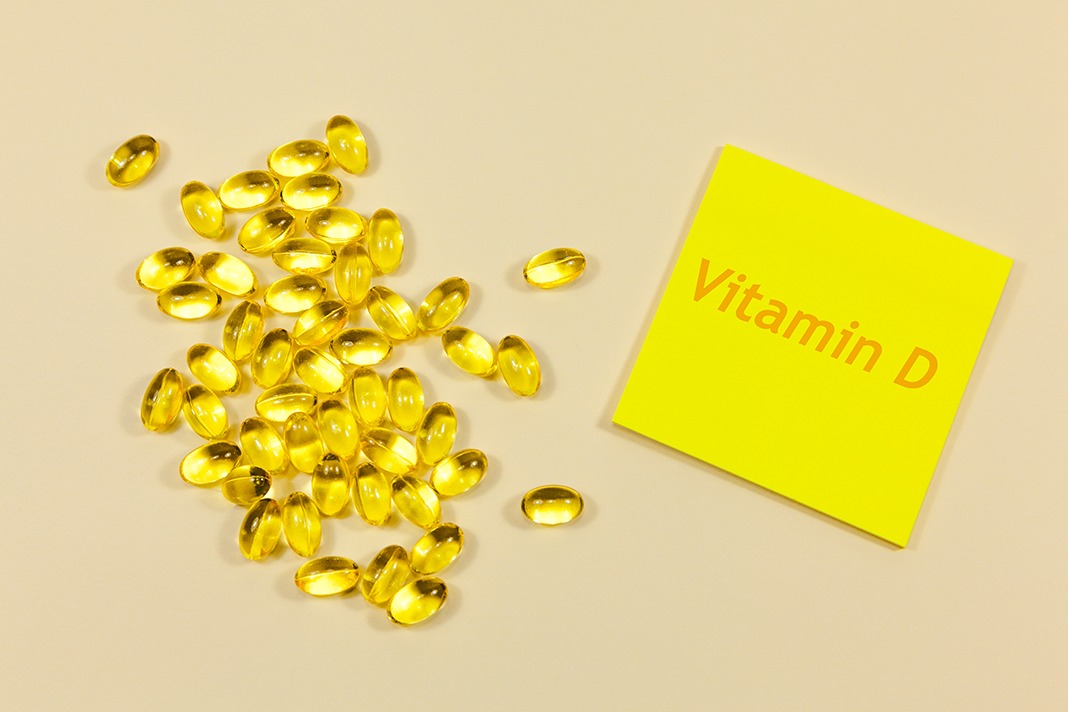Vitamin D: A Multifaceted Vitamin with a Protective Role Against COVID-19
Vitamin D, a fat-soluble vitamin that can be obtained from various sources, including foods and supplements, plays a pivotal role in maintaining the overall health and well-being of the body. This multifaceted vitamin, which can be synthesized under the influence of sunlight, has been found to have numerous positive effects on the body. These effects include maintaining bone health and strength, assisting in the absorption of calcium, improving the functioning of the nervous system, and aiding the immune system in fighting bacterial and viral infections.
The protective role of vitamin D against acute respiratory infections, including COVID-19, has been a topic of discussion for over 80 years, with more than 80 thousand scientific studies conducted on this subject. In the spring of this year, researchers observed that a majority of patients hospitalized with COVID-19 had a deficiency in vitamin D levels (82% of the study sample). Since then, further data has been accumulated, providing strong evidence that sufficient vitamin D levels can reduce the risk of adverse clinical outcomes associated with COVID-19.
Studies have shown that the absence of vitamin D deficiency reduces the likelihood of complications and death from COVID-19, while vitamin D supplementation can be an effective preventive or therapeutic agent against the disease. Vitamin D also plays a crucial role in supporting the body’s natural effector mechanisms, such as the production of antimicrobial peptides and autophagy. Additionally, vitamin D helps regulate immunopathological inflammatory reactions observed in respiratory infections.
It is worth noting that vitamin D deficiency is characteristic of 80% of the inhabitants of many countries, including ours. Therefore, replenishing this vitamin through different sources, including sunlight, food, and supplements, is essential. A 20-minute sunbath can provide the body with half of the daily norm, but this is only possible for a maximum of four months in our climatic zone. Foods such as fish, cod liver, eggs, cheeses of 45-50% fat content, butter, and mushrooms are excellent sources of vitamin D. In the autumn-winter season, adding vitamin D intake in liquid or tablet form can support the normal functioning of the body and protect against viral diseases that are widespread against the background of hypovitaminosis.
In conclusion, vitamin D is a vital nutrient that plays a multifaceted role in maintaining the health and well-being of the body. Its protective role against COVID-19 has been extensively researched, with studies indicating that sufficient vitamin D levels can reduce the risk of adverse clinical outcomes associated with the disease. Therefore, it is essential to ensure that the body has adequate levels of vitamin D, which can be achieved through different sources, including sunlight, food, and supplements.

Leave a Reply